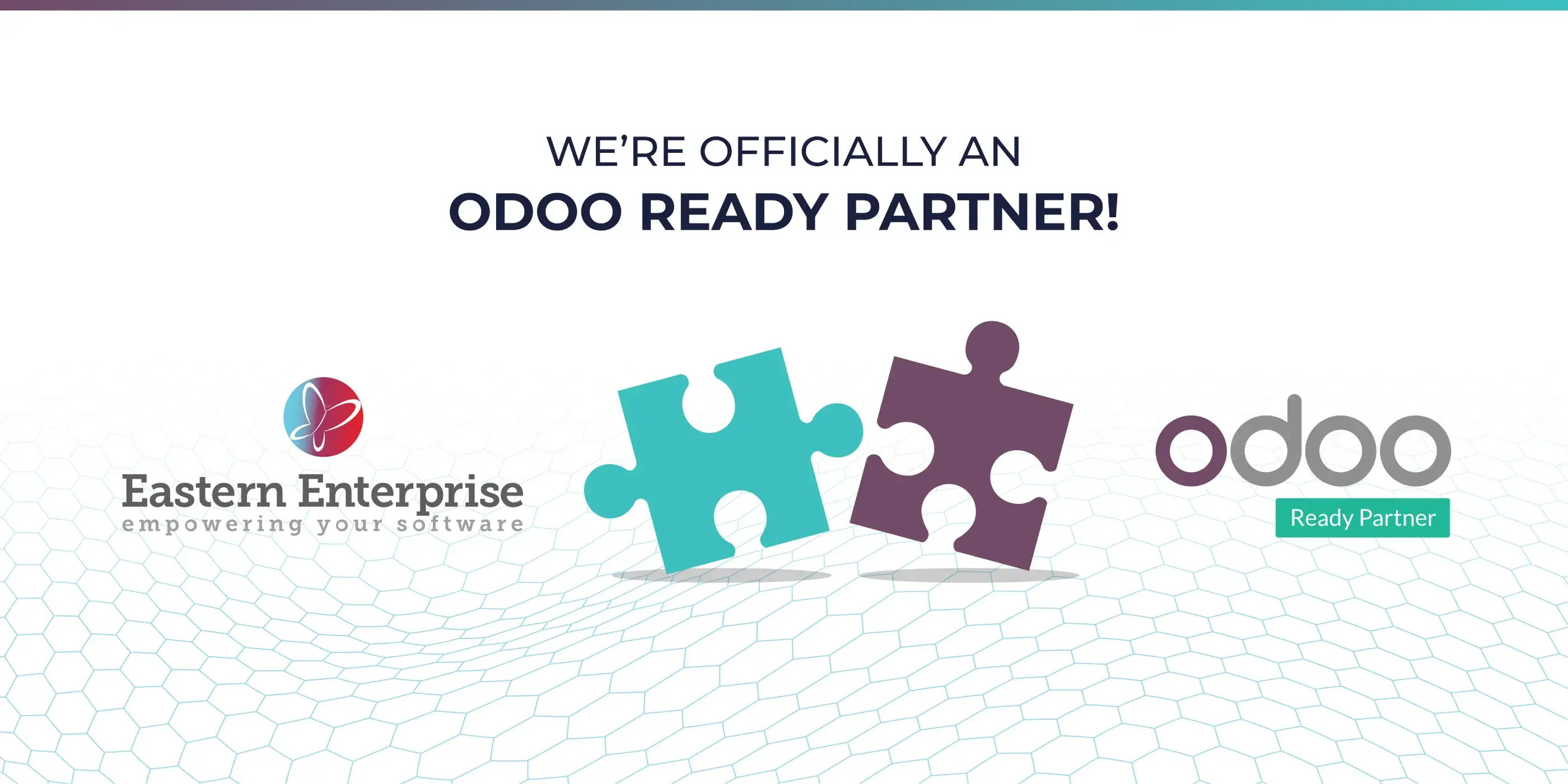ESG stands for Environmental, Social, and Governance, but it’s more than just an acronym. It’s the framework global businesses are using to assess and prove how responsibly they operate. Think of ESG as the new lens through which customers, investors, regulators, and employees judge your business.
Let’s break it down:
This pillar focuses on how your business impacts the planet. It includes how you manage energy use, waste, emissions, and climate-related risks. For industries like manufacturing, logistics, or travel, this can mean the difference between winning and losing contracts, especially in regions like the EU, where carbon reporting is now mandatory under CSRD.
For example:
This area looks at how you treat people, your employees, your customers, and the communities you operate in. In sectors like healthcare, fintech, and SaaS, social responsibility is also tied directly to customer trust and retention.
Key questions include:
This is about your leadership ethics and accountability mechanisms. If you’re preparing for an IPO or securing funding, poor governance scores can delay deals or lower your valuation.
It covers:
Data is scattered across HR, finance, and procurement tools, making it hard to get a complete view of ESG performance or respond to audits efficiently.
Manual ESG reporting under frameworks like CSRD or BRSR is time-consuming and error prone. Delays or inaccuracies can result in missed compliance deadlines.
In industries like retail or logistics, most businesses lack visibility into supplier practices making it hard to track carbon impact, ethics, or labor compliance.
Without clear data linking ESG to financial impact, leadership hesitates to invest. ESG goals stay disconnected from core business priorities.
Tools like Odoo enables automated reporting aligned with major frameworks like GRI, CSRD, and BRSR. By connecting directly with operational data across departments, it streamlines ESG disclosures, reduces manual effort, and ensures consistency with evolving regulatory requirements.
All ESG metrics from HR, legal, and operations come into one view, eliminating version conflicts and improving decision-making.
These tools simulate outcomes (e.g., emissions cuts vs. cost savings) so teams can tie sustainability goals directly to financial value.
Get notified instantly on ESG performance dips or regulatory changes—helping teams take fast action and stay compliant.

For modern retailers, ESG is no longer a marketing narrative, it’s core strategy. Transparent sourcing, ethical labor practices, and circular product design are helping brands build loyalty with conscious consumers while improving operational efficiency. ESG reporting isn’t just for regulators anymore, it’s what today’s customer expects.
In finance, ESG has become a lens for risk and opportunity. Lenders and investors increasingly rely on ESG scores to guide capital allocation, prioritizing businesses with clear sustainability commitments. Distribution networks are also under pressure to optimize for emissions, ethical sourcing, and energy efficiency, making ESG a competitive edge across the value chain.

Smaller businesses are no longer exempt from ESG demands. Whether driven by client requirements, supply chain inclusion, or regulatory changes, SMEs and mid-market firms are using platforms like Odoo to embed ESG into their core workflows ensuring that sustainability isn’t just aspirational but operational.

Professional services firms are using ESG as a differentiator, internally and externally. From ethical hiring practices to energy-efficient operations, these businesses are aligning their values with client expectations. ESG data is also becoming a critical part of client advisory, especially in industries where sustainability strategy is still evolving.

In manufacturing, ESG is directly tied to long-term viability. Companies are investing in clean energy, emissions tracking, and traceability not only to meet compliance but to safeguard supply chain continuity and brand integrity. ESG-led initiatives often reveal hidden inefficiencies and create cost-saving opportunities at scale.
These sectors face growing pressure to demonstrate social and environmental responsibility. Hospitals and schools are now expected to report on diversity, community impact, energy usage, and procurement ethics. ESG frameworks help institutions align with public policy goals and secure funding from increasingly ESG-conscious stakeholders.
The business landscape is evolving, and ESG has become a strategic priority that directly influences investment decisions, growth opportunities, and long-term reputation. It is reshaping how companies operate, report, and build trust between stakeholders.
To stay competitive, organizations need to move beyond viewing ESG as a compliance task and begin integrating it into their core business processes with the right tools and data.
As an official Odoo partner, Eastern Enterprise helps businesses implement ESG frameworks using Odoo’s flexible, modular platform. We support companies in building connected, transparent, and practical ESG reporting systems that align with their operational goals.
Whether you're in the early stages or looking to scale your ESG efforts, we bring the digital capability and domain insight to support your journey with clarity and purpose.
| Cookie | Duur | Beschrijving |
|---|---|---|
| bekeken_cookie_beleid | De cookie wordt ingesteld door de GDPR Cookie Consent plugin en wordt gebruikt om op te slaan of de gebruiker al dan niet heeft ingestemd met het gebruik van cookies. Het slaat geen persoonlijke gegevens op. | |
| cookielawinfo-checkbox-analytics | Deze cookie wordt ingesteld door de GDPR Cookie Consent plugin. De cookie wordt gebruikt om de toestemming van de gebruiker voor de cookies in de categorie "Analytics" op te slaan. | |
| cookielawinfo-checkbox-anders | Deze cookie wordt ingesteld door de GDPR Cookie Consent plugin. De cookie wordt gebruikt om de toestemming van de gebruiker op te slaan voor de cookies in de categorie "Andere. | |
| cookielawinfo-checkbox-functioneel | De cookie wordt ingesteld door GDPR cookie toestemming om de toestemming van de gebruiker voor de cookies in de categorie "Functioneel" vast te leggen. | |
| cookielawinfo-checkbox-nodig | Deze cookie wordt ingesteld door de GDPR Cookie Consent plugin. De cookies worden gebruikt om de toestemming van de gebruiker voor de cookies in de categorie "Noodzakelijk" op te slaan. | |
| cookielawinfo-checkbox-performance | Deze cookie wordt ingesteld door de GDPR Cookie Consent plugin. De cookie wordt gebruikt om de toestemming van de gebruiker op te slaan voor de cookies in de categorie "Prestaties". |

